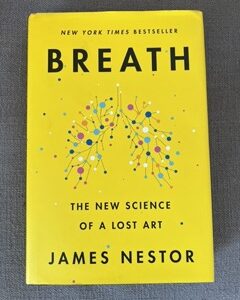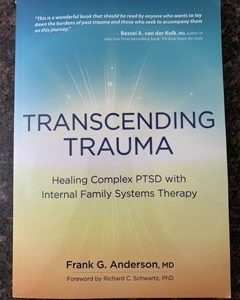Existentialism is a philosophical trend that was opposed to rationalist and empiricist doctrines. Its origins were based in Soren Kierkegaard’s work and were influenced in Europe during the second quarter of the 20th century through the writings of Karl Jaspers, Martin Heidegger, and Jean-Paul Sartre. Existentialism directly challenges the idea that the universe is a determined, ordered or fixed system. Reason therefore influences human action. It is reflection, participation and awareness that ultimately influences an individual’s way of being in the world. Situations and experiences in one’s life can spur this self-analysis and can potentially be positive.
Existentialism extends beyond religious doctrines of determinism embraced by many prior to Soren Kierkegaard. This way of thinking was new since its focus was on humans’ freedom of choice and responsibility within the context of society’s potential influences. What is important about existentialism is that it is not necessarily precluded by any particular religious beliefs as are some philosophical theories. Some philosophical theories require that you be an atheist, or at least agnostic, and this is not so with existentialism. Early existentialism was actually informed and shaped by Christianity, since the thinkers involved were tied into that frame of mind at that time in history. In addition, existentialists are grounded in many different spiritual and religious backgrounds.
We are all constantly asking the questions: Why am I here? Who am I? What is important to me? What is the meaning of my life? Our society has developed the belief that illness, death and life challenges should be avoided and feared when often we create illness and intense situations in our lives to heal and learn lessons. If life is truly predetermined, existentialism proposes that a person who faces a serious life situation possesses the freedom and choice in his or her response to that experience.
Life brings impermanence, change and what feels like chaos at moments. During major transformations and shifts that individual choose to take in their life, these questions are always just under the surface. Existentialism asks individuals to be conscious and aware of their experience. Ashley not only joins a person with respect, honesty, understanding and openness to the full breadth of emotions that may be part of a person’s process, but she also helps clients acknowledge that there is still choice and freedom even when choice may not be apparent.






